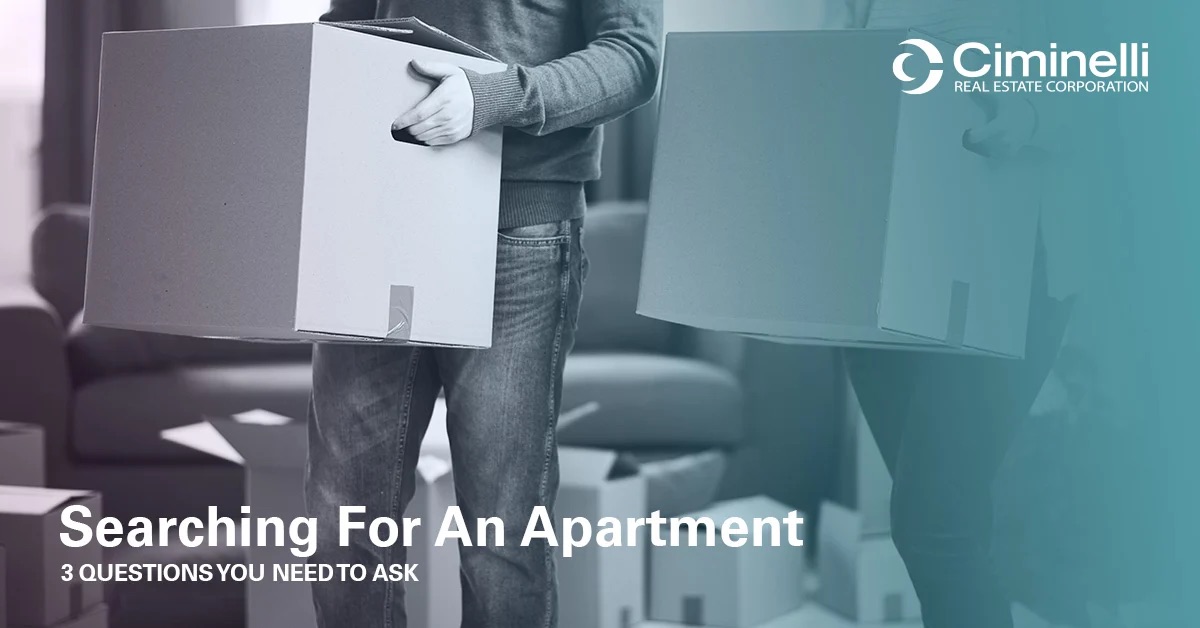
Just as we see changes in available apartment inventory, we also see movement in the amenities, services, and lease terms that landlords offer prospective tenants. We’ve put together a collection of questions that will help you best evaluate your options and get you started on the right path.
The Lease Itself
Our first round of questions focuses mainly on the lease. As a written record of the agreement and the guide for future interactions as a tenant, the lease is critical. With that in mind, the foundations of most apartment leases are term, or length of agreement, the dollars involved, steps needed to terminate the agreement and repercussions if agreed upon terms are not met by both landlord and/or tenant. It stands to reason that you should understand any fees in addition to rent like application fees, security deposits, pet fees, insurance requirements, grace periods, rent increases, payment tools or portals, inclusion of utilities, renewal/termination options, rent due dates and related financial penalties. Questions related to each of these topics will help you quickly establish the boundaries and security of your lease. While it may seem daunting, this information would be considered basic by quality landlords and should be spelled out in all apartment lease documents.
Enjoying Your Home
Apartment living comes with some inherent limitations on your enjoyment of the space and the building. Leasing a space can be quite different than ownership in this regard. Your proximity to other tenants, security, common spaces, and the relatively short term of your lease agreement means enjoyment with some rules. While common sense can be a reasonable guide in most instances it can be helpful to ask for explanation in a few key areas. For example, what is the policy on guests, smoking, pets, and quiet hours? What can you do to the interior of your apartment in terms of hanging pictures, painting walls, replacing light fixtures, etc.? If window treatments are included, what type are they? Can you add a roommate and if yes, how? Is parking for guests available? What about storage for bikes? Answers to these questions will reveal a good bit of information relative to the apartment community overall, as these guidelines will apply equally to all tenants in the building and really establish the atmosphere.
If It’s Broken…Fix It.
From time to time, maintenance items will need to be addressed either in your unit specifically or within the building. Capital projects can also cramp your style if construction projects create dust and noise, or limit mobility in areas of the building. Ask questions about the protocol of maintenance requests while you’re both at home and away. Is there a tenant portal or other digital tool to easily communicate maintenance and repair items and track progress? Is emergency and/or 24/7 service available if needed? While most maintenance requests won’t require emergency attention it’s nice to know it’s available if your belongings or safety are in danger. Modern technology should also reveal some of the most commonly repaired items in the apartment building giving you a sense of the current conditions or at the least what you can expect in the next year. The nature of maintenance requests relies on trust and communication from both parties so be sure there are tool sand procedures in place to maintain the relationship and keep the unit in good condition.
These questions represent the tip of the iceberg when it comes to apartment hunting, but they’ll give a solid place to start a larger conversation. Sometimes this information can be found by requesting a sample lease for review or visiting the property website, both of which will save you time in your apartment search.
